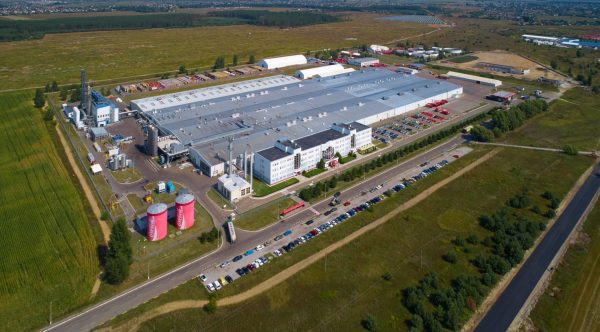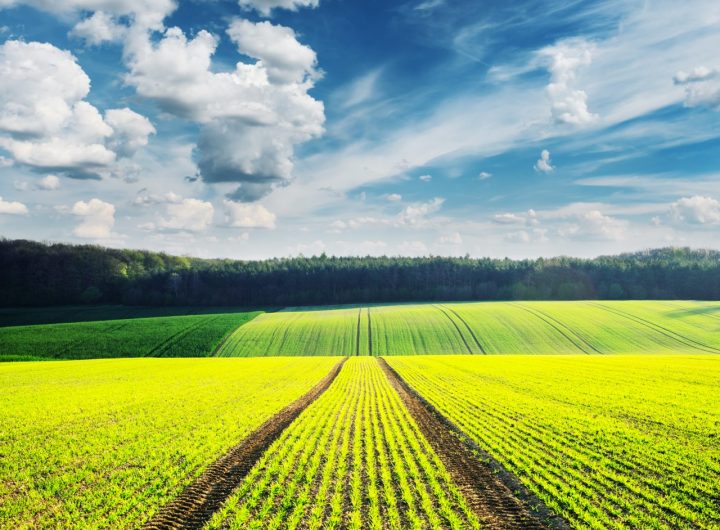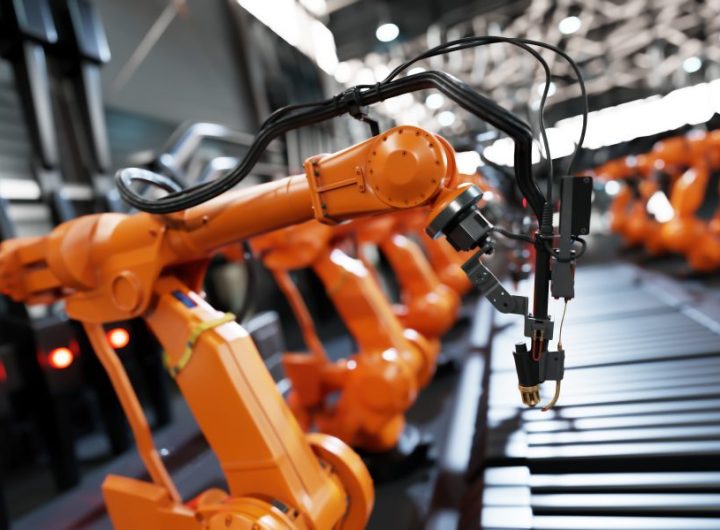
The coronavirus pandemic has had profound impacts on the way we do business. At The Coca-Cola Company, we are doing our part to prevent the further spread of the virus and are working intensely to protect the health and wellbeing of our employees, to support our bottlers and customers – big and small – and to help thousands of local communities across the world. As chief procurement officer, my main focus over the past few months has been working with our suppliers to ensure supply continuity, to adjust volumes to shifting consumer demands and to manage the logistical challenges of lockdowns and movement restrictions. In January, we established our Coronavirus Taskforce and, while there have been challenges at times, the agility, strategic planning and partnership of our supply chain makes me confident that we will be coming out of this crisis stronger.
However, we also recognize that there might be significant impacts on our direct suppliers and further down in the supply chain. There are already reports, for example, of farmers not being able to harvest crops due to labor shortages and packaging waste collectors not being able to collect recycling materials.
Covid-19 is raising a lot of questions about how we do business throughout the crisis and in the future, but one thing is for sure: we will maintain our long-term focus on sustainability. During the entire first phase of the crisis, we based our actions on our company’s purpose, which is to refresh the world and make a difference, and on our commitment to sustainable and ethical sourcing.
For our agricultural ingredients supply chain, for example, sustainability is rooted in our Sustainable Agriculture Guiding Principles, which include a clear and ambitious set of expectations on Human Rights and Workplace Rights, Environmental Standards and Farm Management. Because we have set public goals on sustainable sourcing, we have been working with our global key ingredient suppliers (sugars, fruit juices, tea, coffee, soybeans) and bio-based packaging suppliers (paper and carton) to increase the share of sustainably sourced volumes from 8% in 2013 to 54% last year.
Covid-19 has made us think even more about sustainable and responsible supply chain management. We understand that this is not a one-way-street; it requires partnership and mutual engagement. Together with other corporate functions, we pulled together a set of actions that we are taking to support our suppliers, and expectations that we have toward our suppliers to manage through this crisis successfully and with integrity.
THE ACTIONS are:
– Engagement: We seek proactive outreach to understand supplier needs and support supply chain continuity; we work jointly on an agile reallocation of contracting volumes across global markets.
– Financing: We are committed to timely payment of invoices and offer support to the cash liquidity of suppliers through our supply chain financing program. One billion dollars has been made available in supplier financing through our banking partners.
– Information sharing: Especially for regional and smaller suppliers, the right information and equipment can be hard to come by, for example on health & safety measures and equipment, and we share best practices where available.
– Simplification: With unprecedented challenges and movement restrictions, we offer simplified methods for supplier compliance with our standards and policies; for example, remote audits and assessments using virtual technology.
– Advocacy: We help to get our suppliers back to business by engaging with public authorities and regulators to find safe ways to keep food production, trade and supply chains open and to support a speedy recovery.
THE EXPECTATIONS are:
– Workers: We expect our suppliers to follow government Covid-19 guidance and take adequate health and safety measures for workers and contractors, including PPE. Suppliers must provide adequate access to handwashing facilities and hygiene information for all workers. Suppliers must maintain compliance with Supplier Guiding Principles as well as The Coca-Cola Company Human Rights and Workplace Rights standards. They need to ensure protection for vulnerable workforces, including temporary or migrant workers.
– Suppliers: Suppliers need to act with integrity to support resilience and livelihoods in their supply chains – for example, farmers and waste collectors, with priority for vulnerable communities – and ensure social standards continue to be respected, including human rights and working conditions of farm workers.
– Environment: We expect our suppliers to maintain compliance levels with the company’s environmental standards, including our Sustainable Agriculture Guiding Principles, and continue initiatives to reduce waste, support collection and recycling, and invest in energy and water efficiency to reduce carbon emissions.
– Business Integrity: Suppliers must maintain high product safety and quality standards at all times, such as following the Global Food Safety Initiative and relevant company requirements. We expect suppliers to communicate in a timely and transparent manner any challenges related to quality or continuity of supply.
These are unprecedented times, and the crisis is far from over. We will continue to review and update these actions and expectations and engage with our suppliers to ensure that, as a sustainable business, we are leading the way forward and doing business the right way…You could find more about this article to the website coca-colacompany.com HERE













